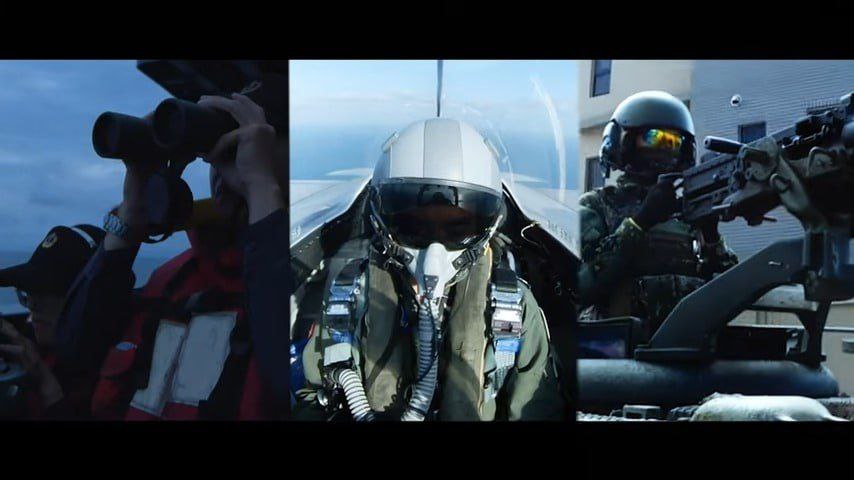Taiwan’s Stance Amidst Growing Tensions with China
Taiwan stands firm against pressures from China, shaped by decades of history. The island has maintained a separate identity since the 1949 Chinese Civil War. After the Kuomintang retreated to Taiwan, they established a government opposing the communist regime in mainland China. This division created a complex relationship, with China viewing Taiwan as a breakaway province. Many Taiwanese citizens identify with a distinct Taiwanese identity. In recent years, tensions have escalated as China’s military capabilities grow, prompting Taiwan to strengthen its defenses.
President Lai Qingde leads the Taiwanese government in responding to these tensions. His administration calls for recognition of Taiwan’s sovereignty. “China must recognize the Republic of China (Taiwan) and respect our democratic choice,” they stated. This emphasis on democracy resonates with many Taiwanese citizens. A local resident expressed, “We want to be seen as who we are, not just as part of China.”

In light of the People’s Liberation Army’s (PLA) announcement about the Joint Sword 2024B exercise, Taiwan is ramping up military preparedness. The military has scheduled three major exercises: the army’s Chiang Tai 19, the navy’s Hai Chiang, and the air force’s Tianlong. These exercises will take place from late October to early November. They aim to test Taiwan’s readiness for joint operations, vital for its defense strategy against potential aggression. Reports indicate that the exercises will include live-fire drills and improved coordination among military branches. This increased activity reflects Taiwan’s determination to safeguard its sovereignty and democratic way of life.
International reactions significantly impact this situation. The United States reaffirms its support for Taiwan through arms sales and diplomatic engagement. However, other nations remain cautious. Taiwan’s administration emphasizes cross-strait dialogue based on “equality and dignity.” They urge China to cease military actions threatening regional peace. “In the face of external threats, Taiwan will uphold our democratic system,” stated Lai during a recent national security meeting.
Taiwan’s military capabilities are crucial for its defense strategy. According to the International Institute for Strategic Studies, Taiwan has invested in asymmetric warfare capabilities. These include advanced missile systems and modern naval assets. Such measures aim to deter aggression and ensure Taiwan is prepared for potential conflict.
As Taiwan navigates these turbulent waters, citizens’ voices remain paramount. Many desire peace and stability but understand the need for readiness. One young Taiwanese student shared, “We want to live our lives without fear, but we must stand strong.” This sentiment underscores the resilience of the Taiwanese people and their commitment to democratic values amid external pressures.




